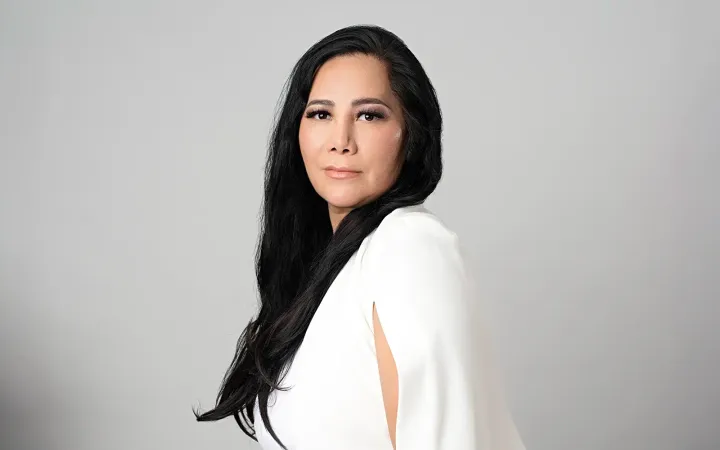Por Melissa Moreno Cabrera
El sexismo en el ámbito laboral no es un problema menor ni una cuestión de percepción. Es un sistema que nos desgasta, nos silencia y, en muchos casos, nos enferma. No siempre se manifiesta en acoso explícito o comentarios despectivos; muchas veces opera a través de mecanismos más insidiosos: la exclusión de reuniones clave, la infantilización de nuestras ideas o la apropiación de nuestro trabajo sin reconocimiento.
Como explica Pierre Bourdieu en La dominación masculina, la violencia simbólica se enmascara en las estructuras sociales, volviéndose norma. En el mundo corporativo, esta violencia nos empuja al agotamiento, la ansiedad y, en los peores casos, a la renuncia forzada.
No es un capricho ni una exageración. Las mujeres vivimos bajo una presión constante para demostrar nuestra valía en espacios diseñados por y para hombres. Si una líder es firme, la tachan de autoritaria; si es conciliadora, es débil. Si expresa emociones, es demasiado sensible; si no lo hace, es fría e indiferente. Si trabaja largas horas, descuida su vida personal; si prioriza su familia, no es lo suficientemente comprometida. Sheryl Sandberg, en Lean In, expone esta contradicción que muchas hemos experimentado.
En reuniones, ocurre lo mismo: una mujer propone una idea y recibe silencio; un hombre la repite y obtiene validación. No es anecdótico, es sistemático. Deborah Tannen explica cómo la socialización femenina nos condiciona a ceder la palabra, a evitar parecer “demasiado agresivas”, lo que en el mundo corporativo nos vuelve invisibles.
Otra táctica recurrente es enfrentarnos entre nosotras. En lugar de fomentar la sororidad, los espacios laborales nos ponen a competir por las pocas oportunidades en altos cargos. Nos convierten en pick me, obligándonos a demostrar que somos “diferentes” y merecemos el reconocimiento en un sistema que premia la complacencia y castiga la solidaridad. Joan Acker señala que el mundo laboral refuerza esta segregación, promoviendo la idea de que las mujeres deben ser “la excepción” en espacios dominados por hombres, lo que intensifica la rivalidad y el desgaste emocional.
El panorama en muchas empresas es aún más engañoso. Se presume de espacios laborales con una mayoría de mujeres, donde incluso hay varias en posiciones de supervisión. Sin embargo, cuando se observa con más detalle, la verdadera toma de decisiones sigue en manos de hombres. Las mujeres ocupan puestos de coordinación, son jefas de área, gerentas, editoras, pero pocas llegan a la cima de la jerarquía corporativa. Este techo de cristal disfrazado de progreso mantiene el control en los mismos sectores de poder, mientras se utiliza la presencia femenina como una fachada de equidad. La economista Claudia Goldin ha documentado a lo largo de su carrera cómo la desigualdad persiste incluso cuando las mujeres representan un alto porcentaje de la fuerza laboral, porque el acceso a los puestos clave sigue siendo limitado.
Mi propio recorrido está marcado por estas experiencias. He visto cómo mis propuestas pasan desapercibidas hasta que un hombre las respalda. He sentido la ansiedad crecer al soportar miradas, tolerar comentarios inapropiados e insinuaciones fuera de lugar, así como “correcciones” que a mis colegas masculinos no les hacen. La salud mental no es inmune a la desigualdad estructural.
Las cifras lo confirman. Según la OMS, el estrés laboral es una de las principales causas de trastornos psicológicos en mujeres profesionistas. En México, el 75% de los trabajadores sufren de fatiga por estrés laboral, y más del 40% de quienes realizan labores de oficina se sienten exhaustos. Pero en lugar de abordar el problema, muchas empresas optan por soluciones cosméticas: charlas de bienestar, talleres de mindfulness, jornadas de “cuidado emocional”. Como advierte Silvia Federici, la explotación emocional de las mujeres en el trabajo es solo una extensión del rol de cuidado históricamente impuesto. Lucy Nichol refuerza esta idea: la ansiedad laboral no es una fragilidad individual, sino el resultado de un entorno que perpetúa la desigualdad.
Suscríbete para leer la columna completa…




